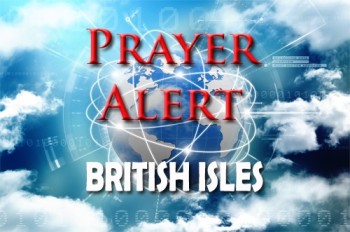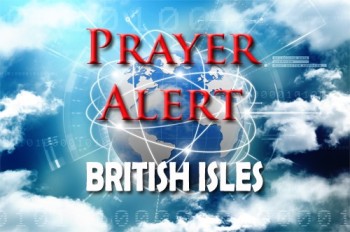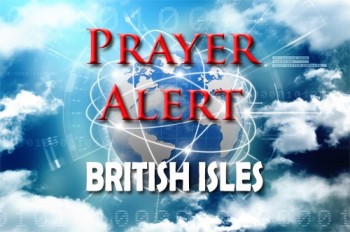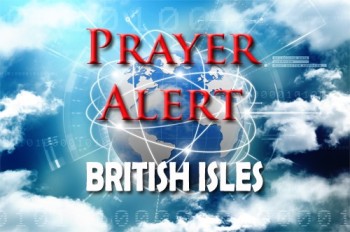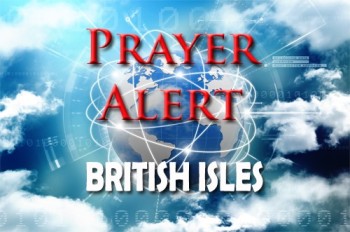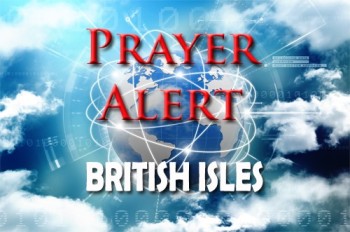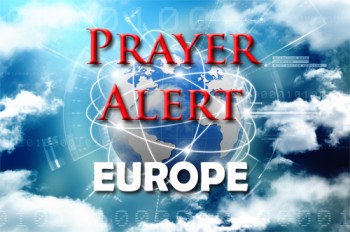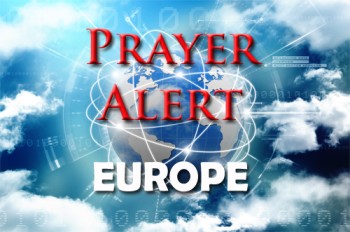Filmmakers set out to prove that the impossible still happens
In their new documentary Show Me Your Glory, Eric and Kameron Swithin explore whether God still performs miracles today. Their journey began with Eric’s questions about the absence of biblical-style healings in church life. His curiosity grew into personal experience as he witnessed and participated in prayers that brought visible healing and change. The film captures this tension: why some prayers are answered with power while others appear to go unanswered. While filming, they saw both divine healing and God’s provision through medical means. One colleague had an aggressive brain tumour successfully removed during production. Another moment of awe came during an outdoor shoot when a storm visibly parted on the weather radar as they prayed, passing around their set like the Red Sea. The film shares eight real-life testimonies, alongside a book detailing sixteen miraculous stories. Among them is Sarah, once addicted and near death, now fully restored. Kameron reflects, 'God showed me that with Him all things are possible’. Their story is a powerful reminder that the God of miracles is still at work today.
Reeves must raise tax to cover £41bn gap, says thinktank
The Government faces a £41.2 billion shortfall that could force Rachel Reeves to raise taxes this autumn to meet her own borrowing rules, according to the National Institute of Economic and Social Research (NIESR). Reeves has pledged that day-to-day spending will be covered by tax revenue and that national debt must fall as a share of income within five years. NIESR recommends moderate tax rises, including reforming council tax and expanding the scope of VAT, to reassure investors. Labour has previously ruled out tax hikes on 'working people’, but Reeves now faces a difficult balance between honouring manifesto promises, controlling debt, and funding public services. NIESR also urged the Government to focus on growth, productivity, and welfare reform. The poorest 10% remain worse off than before Covid. With sluggish growth projected, the autumn Budget is expected to be the most challenging of this Parliament. Breaking news: the Bank of England has cut its interest rate to the lowest for four years, which will benefit those paying mortgages. See
Channel migrants: ‘no specified number’ to be returned to France
Home secretary Yvette Cooper has confirmed there is 'no specified number' of migrants set to be returned under the UK-France 'one in, one out' agreement, now in effect. The scheme enables the UK to return illegal Channel-crossers to France while accepting an equal number of vetted asylum seekers with ties to Britain. Though early estimates suggest around 50 returns per week, this is modest compared to the 800 weekly arrivals this year. Critics argue that the plan addresses only a small portion of illegal arrivals and lacks true deterrence. The treaty was agreed between Prime Minister Starmer and President Macron following months of negotiations. The Home Office has pledged £100 million to support enforcement, fund 300 new National Crime Agency officers, and bolster anti-smuggling technology. Migrants returned to France cannot reapply via the legal route. The treaty remains active until 2026, with ongoing reviews planned. See
Struggling families need grants for school uniforms
As the back-to-school season approaches, a major debt advice charity is urging the Government to introduce a statutory school uniform grant for England. While families in Scotland, Wales, and Northern Ireland receive support of £93 to £200 per child, just 22 out of 153 English councils offer any dedicated help, creating a postcode lottery of support. The average uniform cost now exceeds £340 for primary pupils and £450 for secondary students. Money Wellness says current Department for Education reforms, such as limiting branded items, will not be enough for low-income households. With council budgets under pressure, many families are turning to uniform banks for affordable or donated items. Some families welcome the destigmatisation of second-hand clothing and its environmental benefits. Campaigners stress that without a consistent national scheme, children risk being disadvantaged based on where they live.


